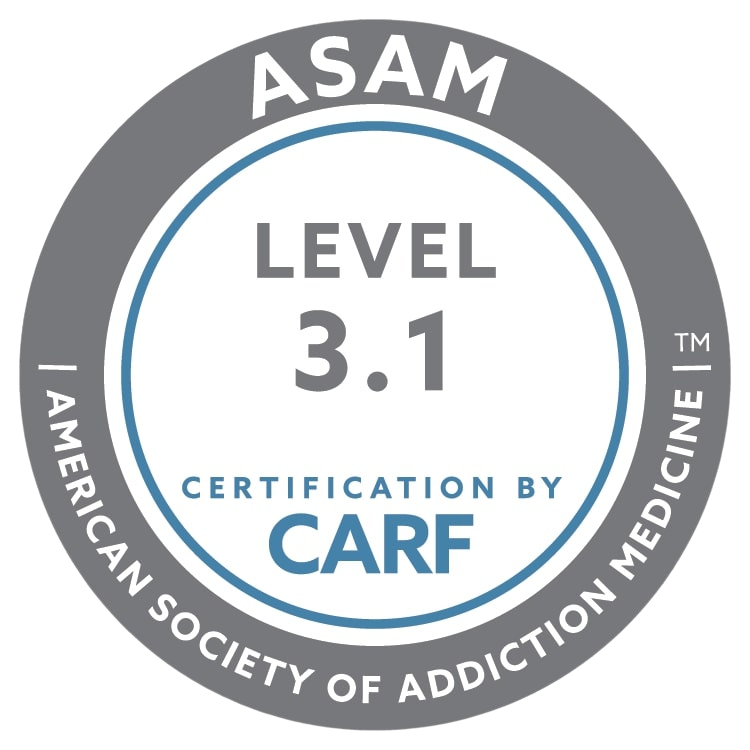Losing a loved one can deeply affect your emotional well-being, and navigating sobriety during this time can feel overwhelming. However, it’s crucial to see maintaining sobriety both as a personal triumph and a tribute to your loved ones who have passed on.
Here, we explore how loss affects your emotions and sobriety, emphasizing the importance of resilience while honoring those we lost.
Understanding Grief and Its Impact on Sobriety
The grieving process is a deeply personal journey marked by various stages, each with its unique emotional challenges. Initially, shock and denial may shield you from the full weight of loss, followed by intense feelings of anger, bargaining, and profound sadness.
Eventually, acceptance emerges as you reconcile with the reality of your loss and integrate it into your life meaningfully. However, grief comes and goes, often catching you off guard with its intensity even long after the initial loss.
Grief poses a challenge to remaining sober. The pain of losing a loved one can trigger an emotional relapse, tempting you to seek comfort in drugs or alcohol to numb the pain. Grief brings a mix of emotions — sadness, anger, guilt — that can destabilize your resolve to stay sober. Proactive strategies to cope with loss and strong support systems are essential to navigate grief while protecting your sobriety.
Taking Care of One’s Self
Focusing on physical health is crucial for emotional healing after experiencing loss. Think of yourself as recovering from grief; it is important to focus on your nutrition and wellness during recovery. A balanced diet fuels both body and mind, while exercise releases mood-lifting endorphins, and quality sleep helps with emotional processing.
Alongside physical care, activities like meditation, hobbies, and relaxation techniques offer essential tools for mental well-being. They help to calm the mind and allow you to find moments of peace.
Practicing self-compassion is also key to healing. Allowing yourself to grieve without judgment means acknowledging your emotions with kindness, honoring your humanity and love for the lost. By embracing self-compassion, you can create a nurturing environment for healing, fostering acceptance and growth amidst grief.
Seeking Support
During loss, relying on social support networks like family, friends, and groups is crucial. They offer comfort, understanding, and companionship, reminding us we’re not alone. These relationships provide opportunities for emotional expression, helping us process feelings in a safe space. Whether it’s a shoulder to cry on or a listening ear, their support brings solace and strength.
Seeking grief counseling or joining support groups aids the healing process. Counselors offer guidance, while groups provide validation and mutual support. Reaching out for external support is transformative in finding hope in the midst of grief. Relying on family, friends, and support groups during loss is crucial. They offer comfort, understanding, and companionship, reminding us we’re not alone. These relationships provide opportunities for emotional expression, bringing solace and strength.
Developing Healthy Coping Mechanisms
Healthy coping strategies are vital for managing grief and staying sober. Mindfulness techniques, like focusing on breath or touch, help acknowledge emotions without giving in to them. If you stay busy with healthy distractions, such as hobbies, it shifts the focus from cravings to more productive activities.
Recognize and avoid unhealthy coping mechanisms that may exacerbate grief and increase the risk of relapse. On a personal level, try to remember the things you love about being sober. It is also important to be social during this time; isolating yourself from your support systems can intensify feelings of loneliness and despair, making it more challenging to resist the temptation of substance use.
Denial can also be detrimental, as it prevents you from confronting your emotions and seeking help when needed. Instead, fostering open communication and getting professional help can provide a lifeline in times of distress.
Creating a Tribute to Honor the Loved One
To honor a loved one that has passed on, consider actions reflecting their values and impact. Get involved in charity work or volunteering for causes they cared about. Creating a memorial, like planting a tree, celebrates their life and encourages reflection.
Engaging in activities they enjoyed keeps their memory alive and promotes connection. Ultimately, find ways to honor their legacy that resonate with you and reflect their influence and impact on your life and the life of others.
Adjusting to a New Normal
Adjusting to life without a loved one while staying sober is difficult, and it can be complicated. Grieving is painful, especially without the numbing effect of substances. Acknowledging this process means facing emotions head-on without turning to substances for comfort.
Setting new goals and finding new meaning in life are crucial during this adjustment. You can rebuild a sense of identity and purpose by establishing fresh objectives aligned with your personal values. This journey of exploration offers opportunities for growth, resilience, and, ultimately, a renewed sense of hope and purpose.
The Bottom Line
Navigating the grieving process while maintaining sobriety is marked by emotional upheaval and personal growth. By understanding the stages of grief and developing healthy coping mechanisms, you can get through grief all while staying sober. By honoring the memory of loved ones through positive actions and self-compassion, you too, can find solace and renewed purpose amidst the pain of loss.
If you’re reading this, you may have lost a loved one and are struggling to maintain your sobriety. At Freedom Recovery, we have your back with addiction treatment programs that will support you, especially in this difficult time. Do not hesitate to contact us today.



